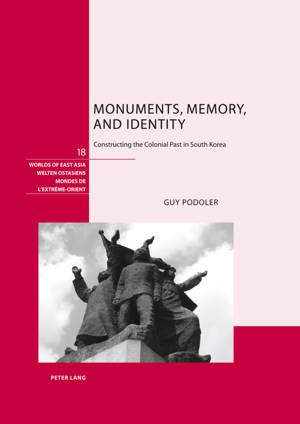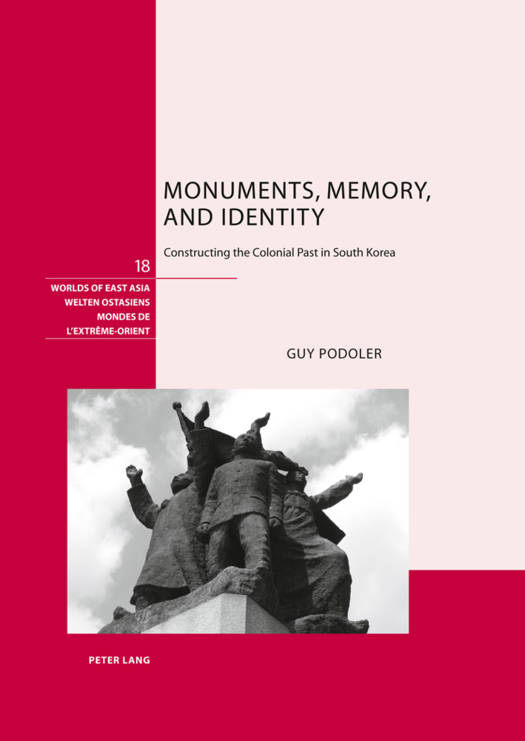
Bedankt voor het vertrouwen het afgelopen jaar! Om jou te bedanken bieden we GRATIS verzending (in België) aan op alles gedurende de hele maand januari.
- Afhalen na 1 uur in een winkel met voorraad
- In januari gratis thuislevering in België
- Ruim aanbod met 7 miljoen producten
Bedankt voor het vertrouwen het afgelopen jaar! Om jou te bedanken bieden we GRATIS verzending (in België) aan op alles gedurende de hele maand januari.
- Afhalen na 1 uur in een winkel met voorraad
- In januari gratis thuislevering in België
- Ruim aanbod met 7 miljoen producten
Zoeken
Monuments, Memory, and Identity; Constructing the Colonial Past in South Korea
Constructing the Colonial Past in South Korea
Guy Podoler
€ 185,45
+ 370 punten
Omschrijving
Between 1910 and 1945 Korea was subjected to Japanese colonial rule. Monuments, Memory, and Identity investigates ways how postcolonial South Korea commemorated this difficult past in light of changing political and social conditions, and against the background of the divided nation. By analyzing museums, memorial halls, parks and monuments, the author deciphers and maps the South Korean commemorative landscape. He analyzes the layouts of the country's well-known sites of memory and explores the on-site plaques, exhibits, and photos as well as the booklets and publications. This book underpins the shifts and trends in recollecting this important historical period by addressing the following questions: How has postcolonial South Korea been constructing and reconstructing its colonial past? Why were certain narratives and images chosen at different times? What debates, controversies, and challenges were involved in this dynamic process? Furthermore, the author discusses the South Korean case within the broader context of the postcolonial discourse.
Specificaties
Betrokkenen
- Auteur(s):
- Uitgeverij:
Inhoud
- Aantal bladzijden:
- 276
- Taal:
- Engels
- Reeks:
- Reeksnummer:
- nr. 18
Eigenschappen
- Productcode (EAN):
- 9783034306607
- Verschijningsdatum:
- 15/10/2011
- Uitvoering:
- Hardcover
- Formaat:
- Ongenaaid / garenloos gebonden
- Afmetingen:
- 155 mm x 226 mm
- Gewicht:
- 544 g

Alleen bij Standaard Boekhandel
+ 370 punten op je klantenkaart van Standaard Boekhandel
Beoordelingen
We publiceren alleen reviews die voldoen aan de voorwaarden voor reviews. Bekijk onze voorwaarden voor reviews.









